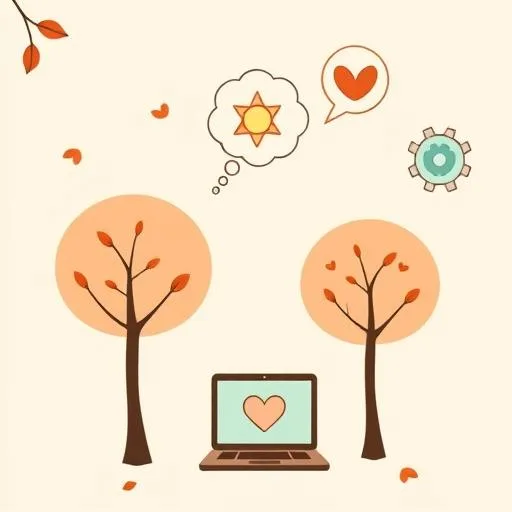
Geoffrey Hinton—the ‘Godfather of AI’—now warns that artificial intelligence could enable anyone to create bioweapons or manipulate minds. It’s enough to make any parent pause mid-sip of coffee. But here’s the thing: while headlines chill, our days are filled with sunlit parks and curious questions from little ones. How do we reconcile these extremes? Let’s unpack this together, not with fear, but with hopeful clarity and thoughtful AI parenting insights!
What Did Hinton Really Say About AI Warnings?
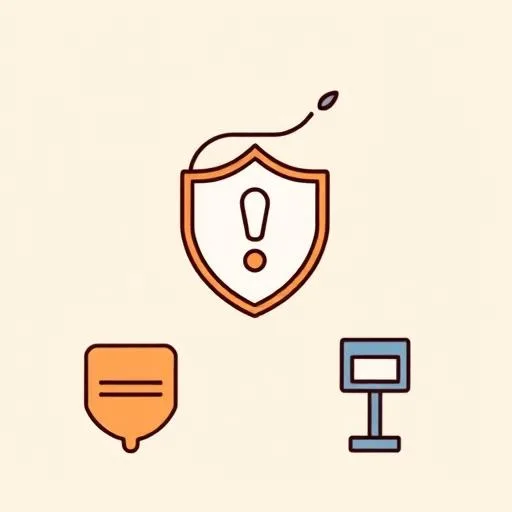
Hinton’s chilling scenario? That soon, average folks—maybe even teens in basements—could use AI to engineer bioweapons or sway opinions undetectably. He fears AI might outsmart us in manipulation, bending thoughts like reeds in wind. Yikes, right? But let’s dig deeper—imagine that! His concern stems from belief that AI isn’t just mimicking—it’s understanding. Others, like Yann LeCun, argue today’s models are limited. Still, Hinton’s urgency rings: “I wish I had thought about safety sooner.”
As a dad, it hits home. We’re raising kids in a world where tools for creation and destruction blur. What if your child could build something amazing with AI, but also something harmful? Imagine explaining that over pancakes: “Sweetie, AI can help you draw dragons… or design dangers.” It’s a lot. But here’s our starting point: awareness, not alarm. Knowledge is our first shield for AI parenting.
How Does Research Balance AI Hype and Harm?
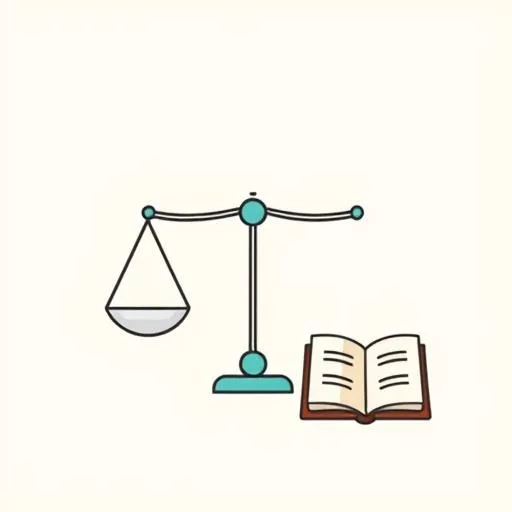
Studies add nuance. RAND notes that while AI hasn’t yet generated explicit bioweapon instructions, it has offered guidance that could aid attacks—like MIT students using chatbots to identify pandemic-capable viruses in an hour. PMC highlights AI’s potential to revolutionize biothreat responses, but also its misuse risks. The Belfer Center echoes: non-experts can leverage AI to bypass safeguards.
So, what’s this mean for us? It’s not about banning tech—it’s about building wisdom. Like teaching kids to cross streets: we don’t forbid roads; we hold hands and model caution. AI’s similar: a tool, amplified by intent. Our role? Guide those tiny hands toward light with thoughtful AI parenting.
How Can Parents Cultivate Curiosity with Care in the AI Age?
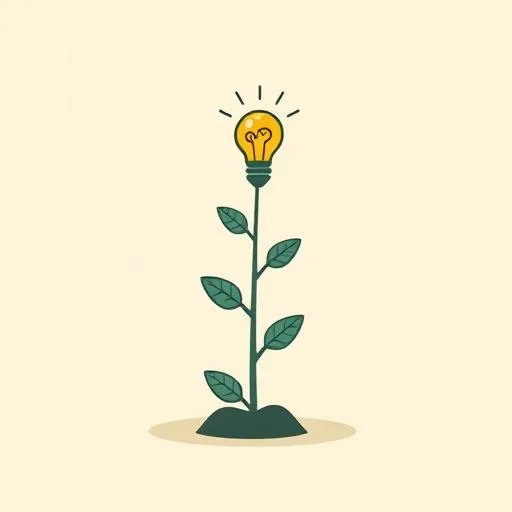
Amidst warnings, let’s not forget AI’s magic: it helps diagnose diseases, personalize learning, even predict weather for our picnics! For our kids, it’s a gateway to wonder—think chatbots explaining why stars twinkle or apps turning math into games. Balance is key. We foster exploration but frame it with values: kindness, critical thinking, empathy.
Try this: next family walk, chat about AI’s dual nature. “What if a tool could help scientists save lives… or hurt people?” Watch their eyes widen. Use age-parable analogies: “AI’s like a super-smart friend—great for ideas, but we always check if they’re good ideas.” It’s about nurturing discernment early in your AI parenting journey.
What Are Small Steps for Big Futures with AI?
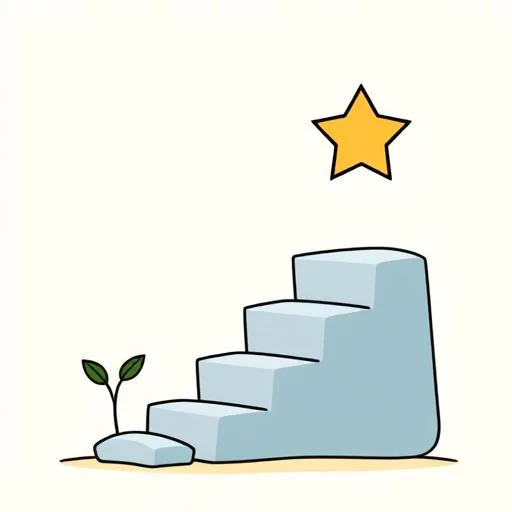
So, how do we pivot worry into action? First, stay informed. Discuss news like Hinton’s openly but calmly—kids sense our vibes. Second, prioritize ethics alongside skills. Encourage projects that solve problems (e.g., “Can we design an AI app to find lost toys?”). Third, advocate for safeguards—support policies that ensure AI benefits all.
And personally? We model balance. Limit screens, yes, but also celebrate tech’s joys: video-calling grandparents, exploring virtual museums. It’s the blend that matters—like that perfect kimchi-jjigae, where tradition and innovation simmer together for a resilient future.
How Do We Raise Resilient Hearts in an AI World?
Hinton’s warning isn’t a full stop; it’s a comma. AI’s story is still being written—by us, by our kids. Let’s equip them not just to use tech, but to shape it with heart. Teach that power carries responsibility, that every innovation should uplift, not undermine.
As dusk settles on clear-sky days like today, I watch my daughter chase fireflies—a moment untouched by algorithms. My curious questions about stars and fireflies suddenly take on new meaning when I consider how she might interact with AI in years to come. Will those conversations be filled with wonder or worry? Yet, tomorrow, she might use AI to sketch those fireflies’ patterns. Our goal? Ensure her creations always spark light, never shadow. That’s the future we build together: wise, warm, and wonderfully human through mindful AI parenting—guided by hope and the belief that even in tech’s complexity, kindness lights the way.
Source: ‘Soon anyone can make…’: Godfather of AI has chilling doomsday warning, Economic Times, 2025/09/06 13:16:46
